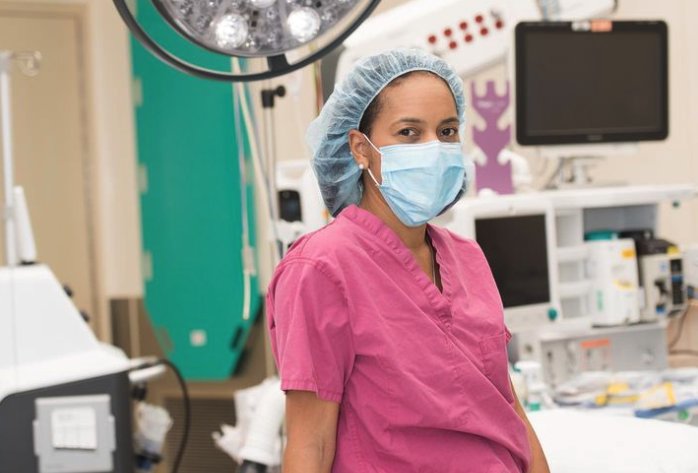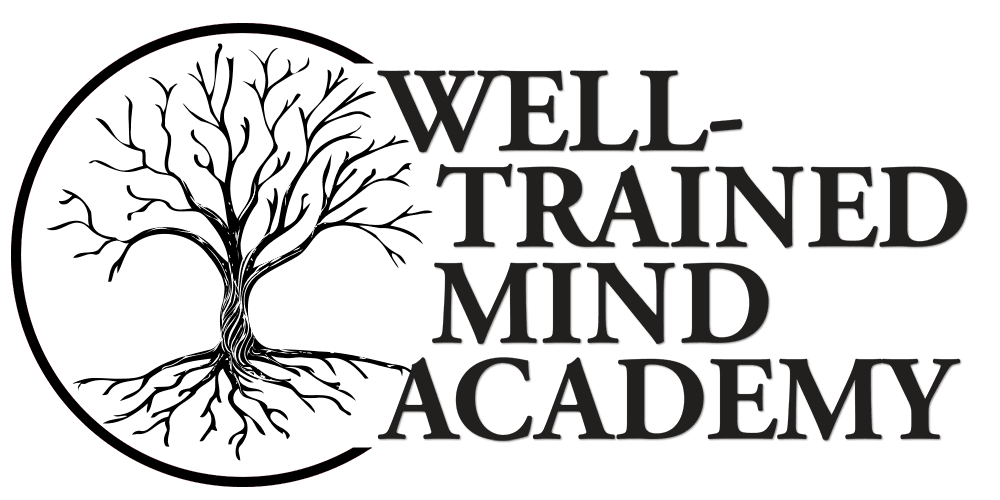From Music to Medicine: Dr. Vivian Bea on the Power of a Well-Rounded Education

Dr. Vivian Bea, an Assistant Professor of Surgery at New York Presbyterian-Weill Cornell Medicine and Section Chief of Breast Surgical Oncology at New York Presbyterian-Brooklyn Methodist Hospital, spoke to students in WTMA’s Cohort Program about her journey from a musically inclined childhood to a distinguished career as a breast surgeon, author, community advocate, and global speaker.
Her story highlighted the challenging path toward a medical career and the importance of staying connected to one’s passions, even those that might seem unrelated to one’s profession. Dr. Bea’s journey is a testament to the core values of classical education—well-rounded learning, curiosity, and resilience—which can serve as a foundation for success in diverse fields.
Musical Talent Connects Dr. Bea To Opportunity And Family
From an early age, Dr. Bea’s life was filled with music.
As the middle of seven siblings, all homeschooled by their mother, Dr. Bea grew up in a home where music was woven into everyday life and served as both a creative outlet and a path toward future opportunities. Her father’s jazz background and her siblings’ talents on various instruments made music central to their lives, and Dr. Bea mastered the classical flute.
Music ultimately became the vehicle through which she and her siblings accessed higher education, with each one attending college on a music or art scholarship—a testament to the power of a well-rounded, balanced education.
Dr. Bea’s dedication to music, alongside her academic ambitions, led her to the University of Miami, where she earned a full scholarship for classical flute. At Miami, she combined her passion for music with pre-medicine studies and later added a minor in African-American Studies.
A Well-Rounded Education Helps Overcome Tough Challenges
In her talk, Dr. Bea described the rigorous demands and deep rewards of her journey, from medical school and residency to her role as Section Chief of Surgery.
She shared openly about the challenges she faced—long hours, intense competition, and the personal sacrifices necessary to reach her goals. Yet she expressed how fulfilling it is to work with breast cancer patients, many of whom are facing one of the most vulnerable times in their lives.
Dr. Bea emphasized that while technical skills are essential, the “soft” skills of listening, empathizing, and offering hope are equally important—qualities she strengthened through her studies in the humanities.
Dr. Bea Finds Professional Rewards Through Dedication To Her Passion
One of Dr. Bea’s most powerful messages to WTMA students was the importance of following a true passion. For her, medicine is not simply a job but a purpose—a chance to make a meaningful difference.
She encouraged students to seek work that brings personal fulfillment, allows them to positively impact others, and inspires them to approach life with purpose and integrity.
Ultimately, Dr. Bea’s talk offered students more than an introduction to the medical field; it was an inspiring example of how embracing all facets of one’s personality and interests can lead to a meaningful and impactful career.
Her expertise in both music and science, dedication to patient care, and commitment to making a positive difference provided students with a model of success that extends well beyond academics.
Dr. Bea’s journey shows how a well-rounded education can shape individuals who are resilient, empathetic, and purpose-driven—qualities that prepare them not only for professional success but for a life of contribution and integrity.
For WTMA students, her story is a reminder that a classical education cultivates the character and curiosity needed to make a lasting impact in any field.
